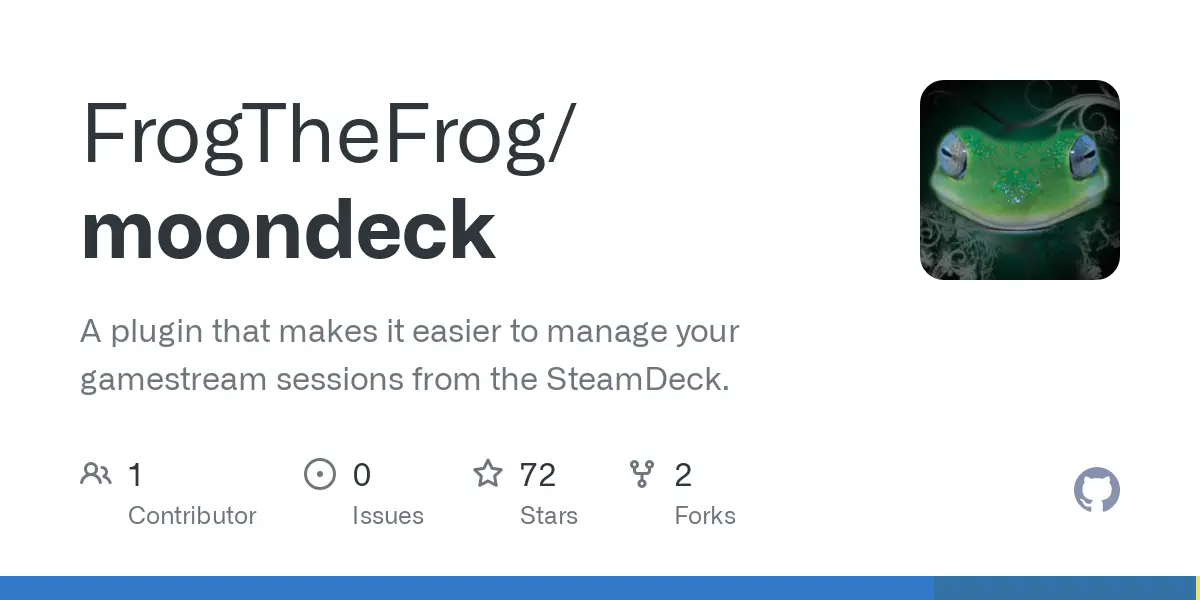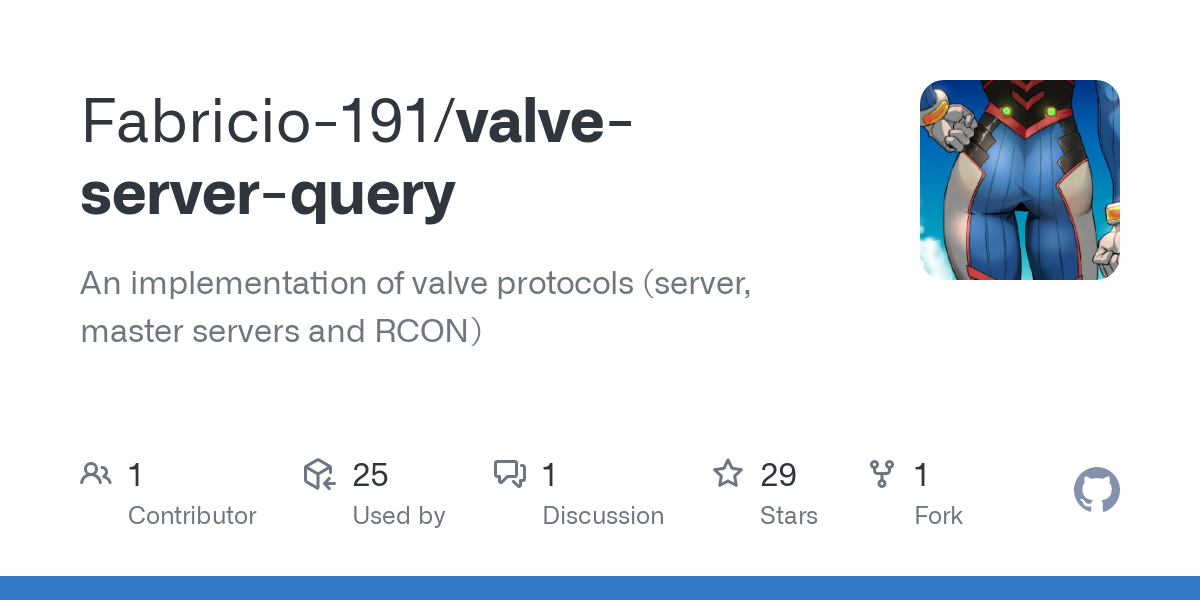

I’m curious, my playthroughs of both the original and the remake were so long ago - but does D-pad movement buy the player anything? I agree it’s rather silly that it’s not an option, but I don’t remember being hampered by the control scheme in any way.





















Same! Senior dev here with both dyscalculia and dysgraphia. Numbers literally transpose for me, for example when I’m filling out a restaurant receipt and calculating tip+total. It’s wild.